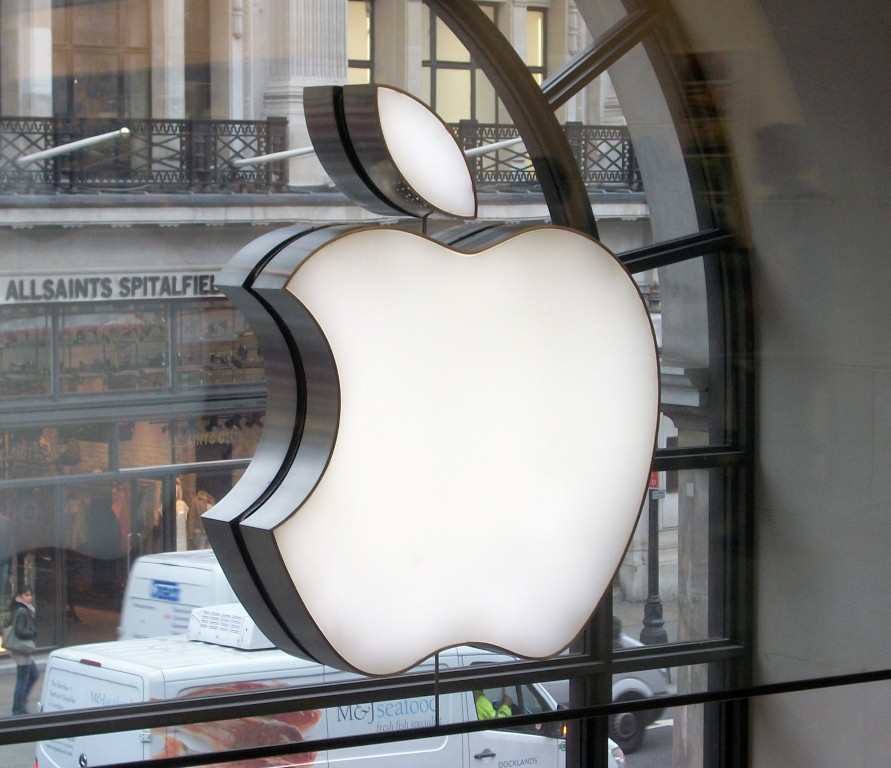

In mid-December, a team from Apple that included Bud Tribble, Apple’s head of software, and Jeff Williams, its senior vice president of operations, took a meeting with the US Food and Drug Administration (FDA), according to reports. The meeting, along with other reports, has led industry observers to speculate that Apple’s rumoured plans relating to a health focus for its supposedly planned “iWatch” could be more ambitious than was first thought.
“They are either trying to get the lay of the land for regulatory pathways with medical devices and apps and this was an initial meeting, or Apple has been trying to push something through the FDA for a while and they’ve had hang-ups,” Mark McAndrew, a partner with the law firm Taft Stettinius & Hollister told The New York Times, which first reported that the meeting had taken place.
In recent weeks, Apple has also hired at least four new employees from medical research fields. In January, Apple hired Ravi Narasimhan away from Vital Connect – Narasimhan’s LinkedIn profile lists “biomedical algorithms, machine learning and data analysis” among his specialties – and Nancy Dougherty from Sano Intelligence. At Sano, Dougherty worked on a sensor-equipped patch that looks like a kid’s tattoo but can monitor a host of vital signs, from glucose levels to kidney function.
A week later, the same site reported that Apple had hired Michael O’Reilly, an anesthesiologist, pulse oximeter specialist (a pulse oximeter measures the amount of oxygen in the bloodstream) and the former chief medical officer and executive vice president of Medical Affairs at Masimo Corp., a global medical technology company that develops noninvasive patient-monitoring technologies. The company made headlines in 2012 for developing a painless, five-minute way to save the lives of newborns with undetected congenital heart defects by testing the amount of oxygen in their bloodstreams.
On 4 February, 9to5Mac reported that Apple had hired Roy J.E.M. Raymann, from Philips Research. Raymann’s areas of research, according to his LinkedIn profile, have been in “how to optimise rest and activity”, “non-pharmacological approaches to promote sleep”, and interpreting “ambulatory physiological and biomedical data”.
It’s expected that the three will join Jay Blahnik – a fitness consultant said to be a key player responsible for the Nike FuelBand, and who Apple hired in August – in working on the iWatch.
Sources have also told 9to5Mac that to complement the iWatch, iOS 8 will feature not only fitness-tracking features (steps walked, calories burned, etc.) but a “Healthbook” much like iOS 7’s Passbook.
“The application will be able to track a person’s blood pressure, hydration levels, heart rate and potentially several other blood-related data points, such as glucose levels, according to our sources,” the site reported.
“The software is also programmed to allow users to enter details about their medications so that they could be reminded to take pills at scheduled times,” it continued. “This will likely integrate with iOS’s existing Reminders application.”
In short, Healthbook could be the way users read and interact with the data collected by the iWatch.
Forrester Senior Analyst Skip Snow says the current “core problem” with linking smartphones to devices that can monitor users via skin contact is the overwhelming amount of power consumption required.
“If Apple is committed to solving the data transmission problem … they would really have a competitive advantage,” Snow told eWEEK. “All the other problems are basically solved.”
Still, were Apple to offer such a technology, plenty of new questions would arise.
“There are two classes of apps that communicate with health-monitoring devices,” said Snow. “One is a wellness app, which means you, the user, are responsible for stewarding that information, and the other is a health app, where the information is winding up inside a health record.”
In the case of the latter, he explained, there would be the daunting matter, for Apple, of establishing the necessary health care partnerships and ensuring regulation-compliant security levels, but also the opportunity for anonymised data to be collected and used for evidence-based medical research – and to encourage app developers to create of a host of health-centric apps.
The extent to which people are willing to compromise their privacy in exchange for the benefits that sharing their medical information can provide is very much still being determined, said Snow.
How well do you know Apple? Take our quiz.
Originally published on eWeek.
American space agency prepares for testing of Boeing's Starliner, to ensure it has two space…
As UK and Europe develop closer military ties, European Commission says it will invest €1.3…
Zuckerberg seeks to revive Facebook's original spirit, as Meta launches Facebook Friends tab, so users…
Notable development for Meta, after appeal against 2021 WhatsApp privacy fine is backed by advisor…
First sign of shake-up under new CEO Lip-Bu Tan? Three Intel board members confirm they…
Trump's nominee for SEC Chairman, Paul Atkins, has pledged a “rational, coherent, and principled approach”…